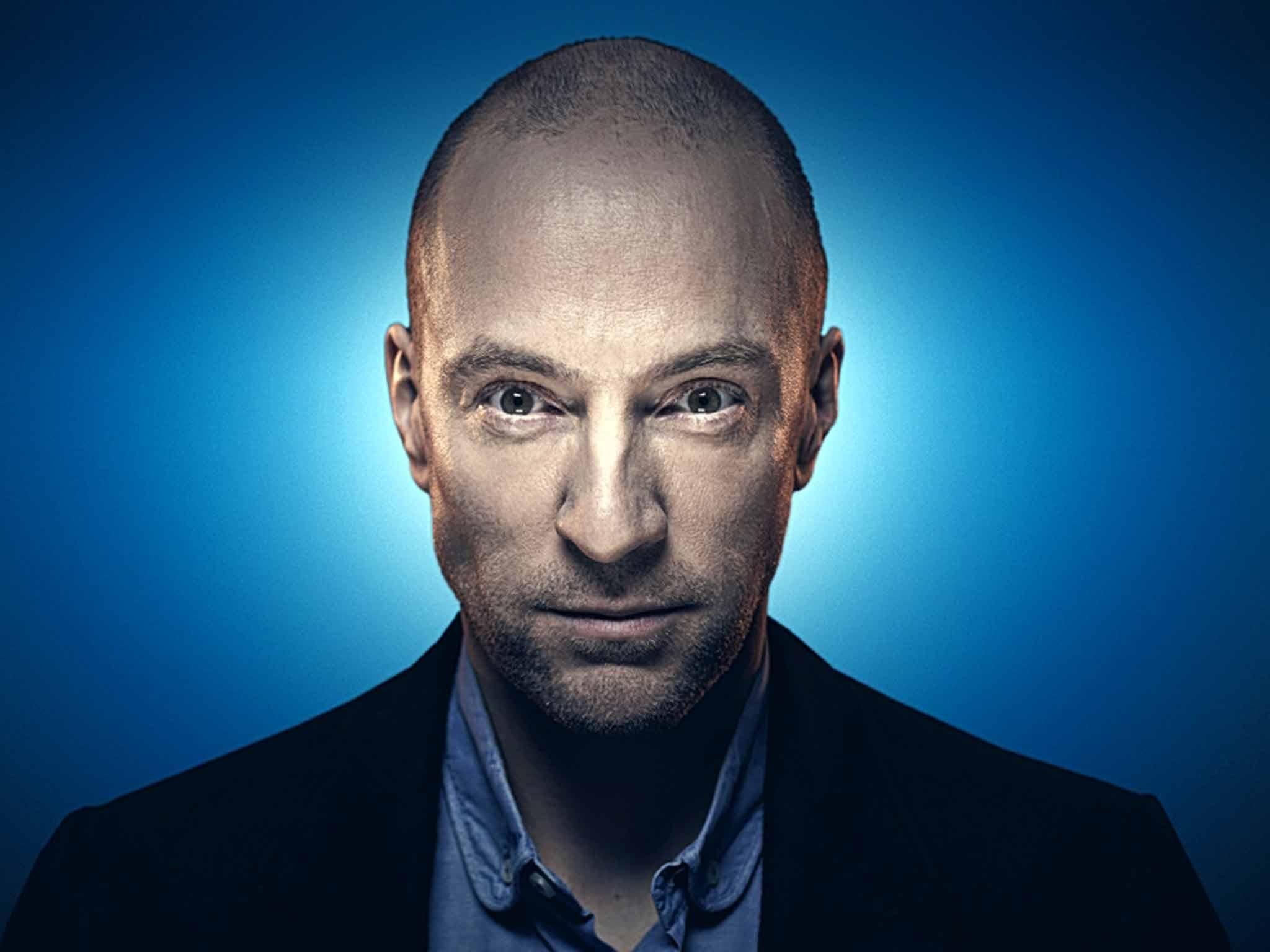Pushed to the Edge, Channel 4 - TV review: Is persuading someone to murder morally depraved or just a good laugh?
Brown presented a deeply cynical world view in which we surrender control over our autonomy on an hourly basis

Your support helps us to tell the story
From reproductive rights to climate change to Big Tech, The Independent is on the ground when the story is developing. Whether it's investigating the financials of Elon Musk's pro-Trump PAC or producing our latest documentary, 'The A Word', which shines a light on the American women fighting for reproductive rights, we know how important it is to parse out the facts from the messaging.
At such a critical moment in US history, we need reporters on the ground. Your donation allows us to keep sending journalists to speak to both sides of the story.
The Independent is trusted by Americans across the entire political spectrum. And unlike many other quality news outlets, we choose not to lock Americans out of our reporting and analysis with paywalls. We believe quality journalism should be available to everyone, paid for by those who can afford it.
Your support makes all the difference.Charity bosses have come under increasing scrutiny since the Kids Company scandal. If they are not already tired of being criticised for their “champagne lifestyle”, they certainly won't like their portrayal in Derren Brown's new TV stunt Pushed to the Edge. The master of manipulation returns with a show that questions how much control we really have over our own decisions, in an experiment that explores how social compliance can be used to push a human being to their death (spoiler alert: no one dies).
Brown's victim was 29-year-old Chris Kingston, an unassuming co-owner of a printing and design company, who was invited to help behind the scenes at a fundraising gala for fictional charity Push. In a series of events entirely staged by actors, he was led through several scenarios that eroded his own decision making, putting him at the mercy of mob mentality.
The charity's boss was the ringleader of Brown's carefully plotted plan, slowly goading Chris to commit increasingly immoral acts in the hope it would culminate in him pushing the organisation's biggest benefactor, Bernie, to his death. Viewers knew the whole set-up was a fictional stunt, but it didn't make the show any easier to watch. As Chris was put through his morally depraved paces, my stomach churned for humanity. Brown presented a deeply cynical world view in which we surrender control over our autonomy on an hourly basis. It was either hilarious or toe-curling to watch, depending on how dark your sense of humour is.
The illusionist successfully built the show to a dramatic climax, but the end result was anti-climactic. Chris didn't push Bernie off the building (hooray for mankind!), but three other people who were put through the same experiment did. Quite why the show didn't follow one of these more morally malleable characters, I'm not sure. Perhaps Chris's refusal to take part in some of the dubious acts made him a complex case study. Or maybe Brown did want to present an optimistic view of human nature after all.
Join our commenting forum
Join thought-provoking conversations, follow other Independent readers and see their replies
0Comments